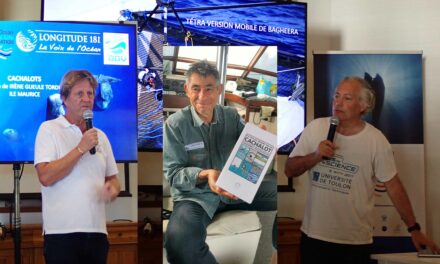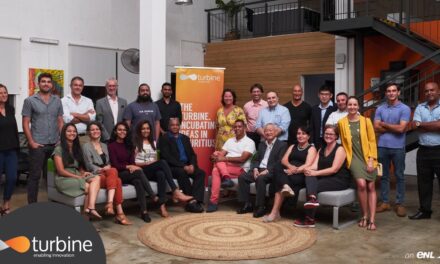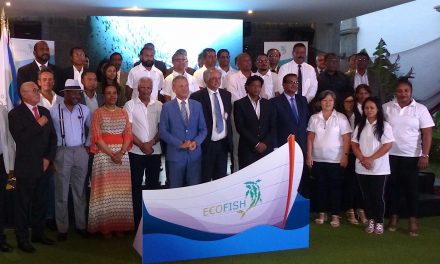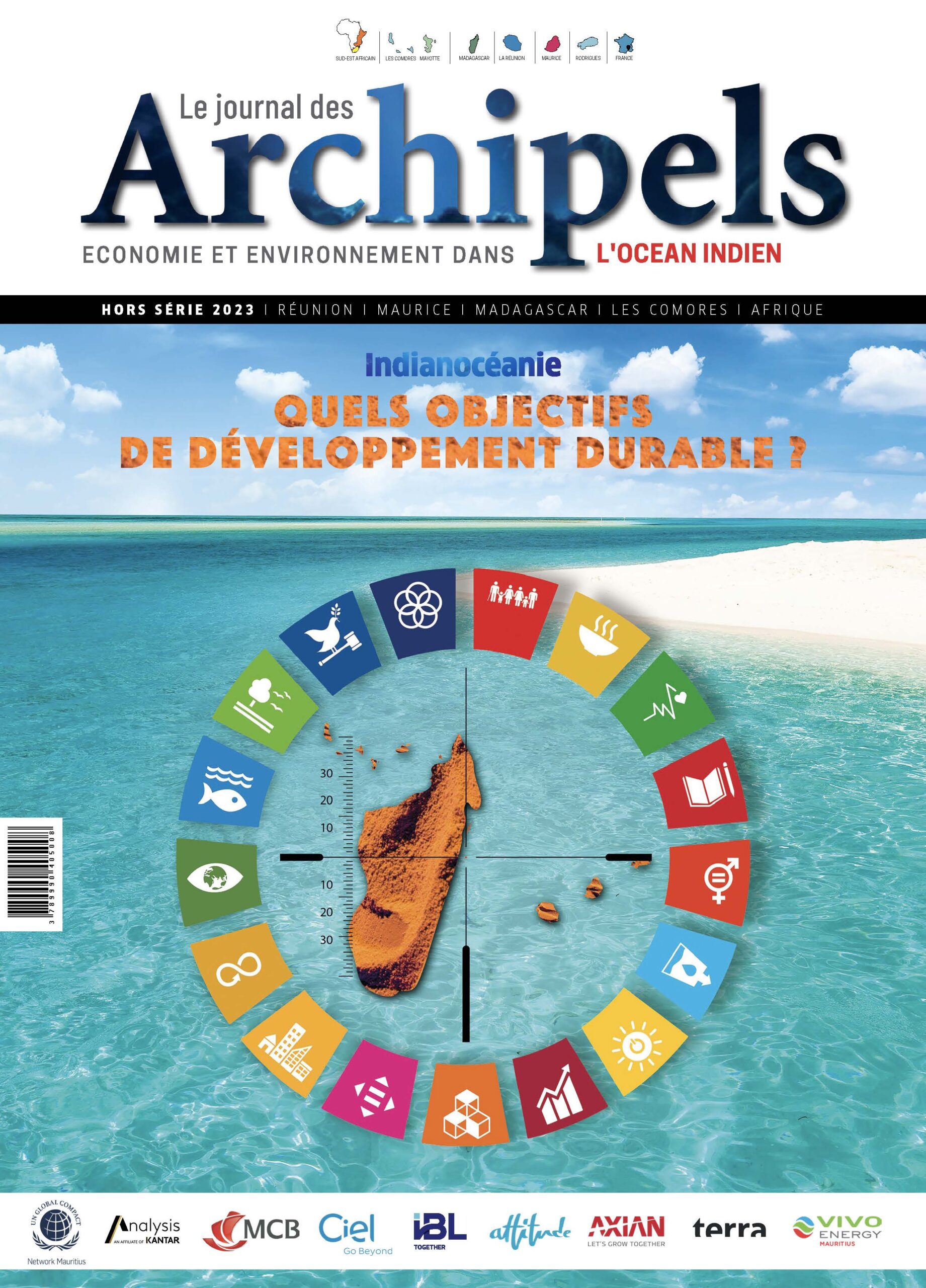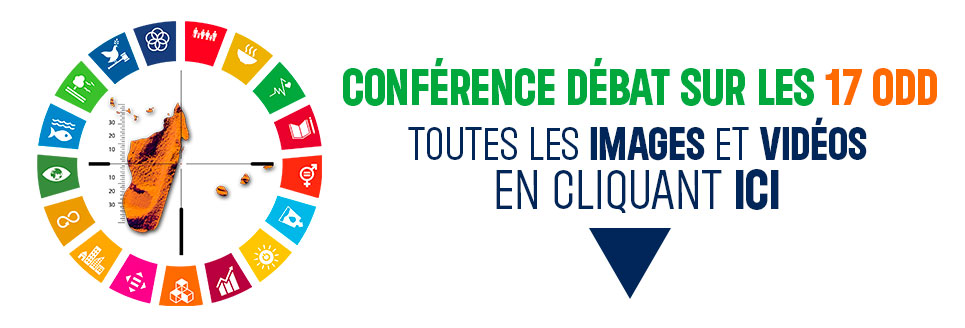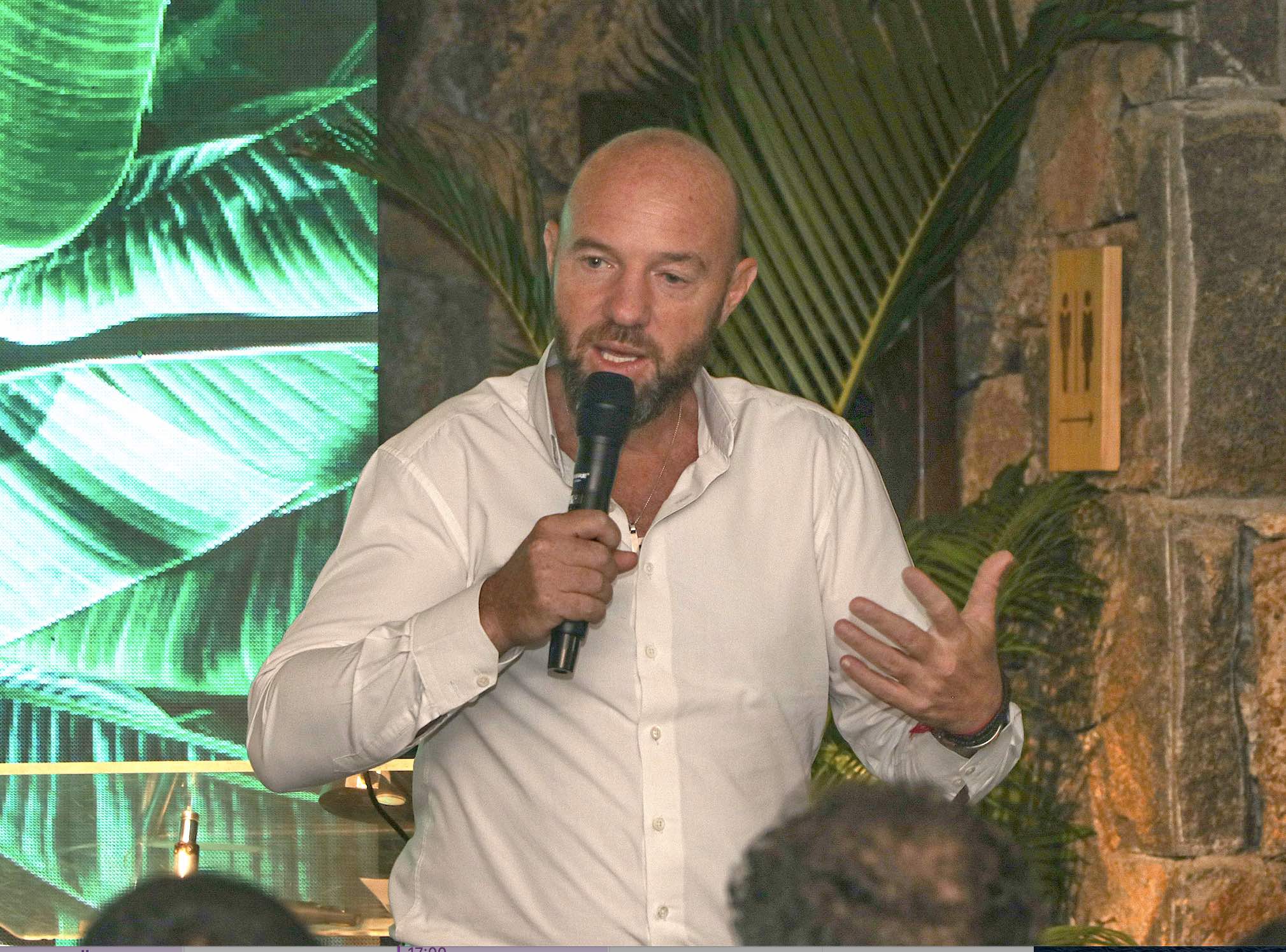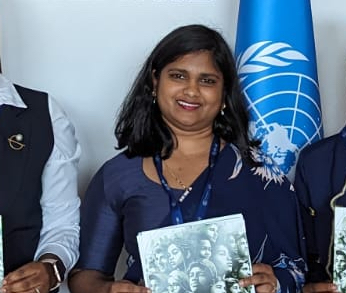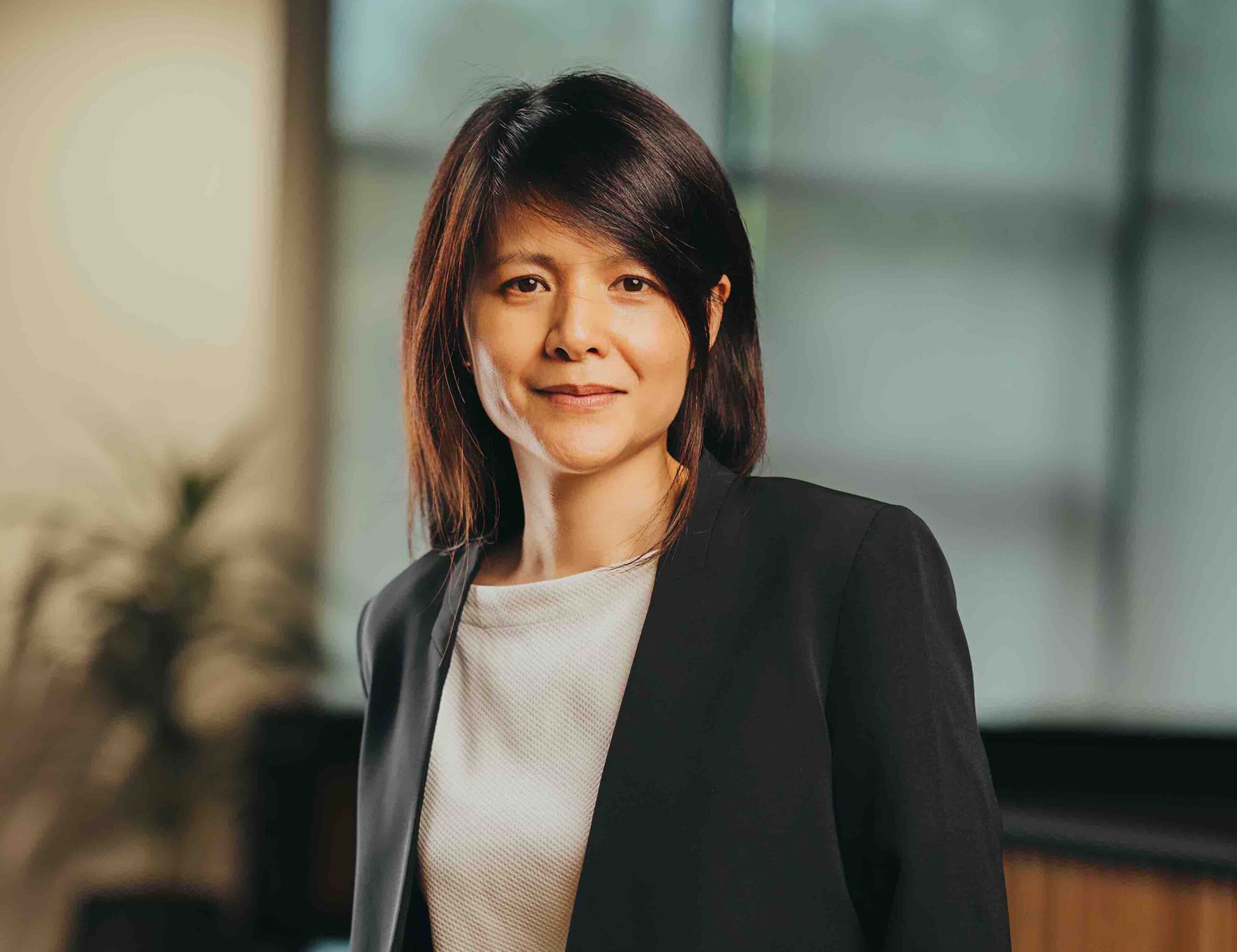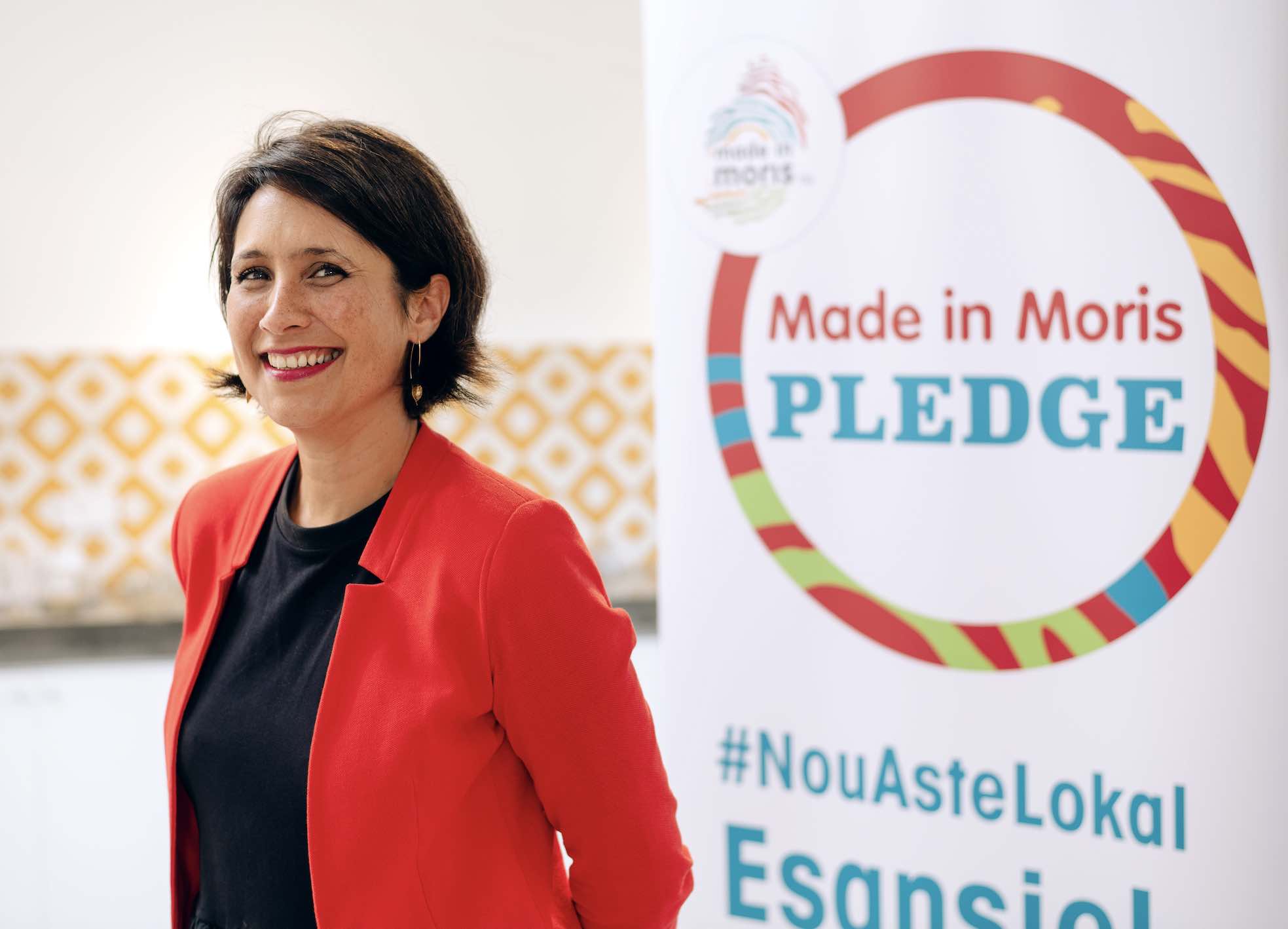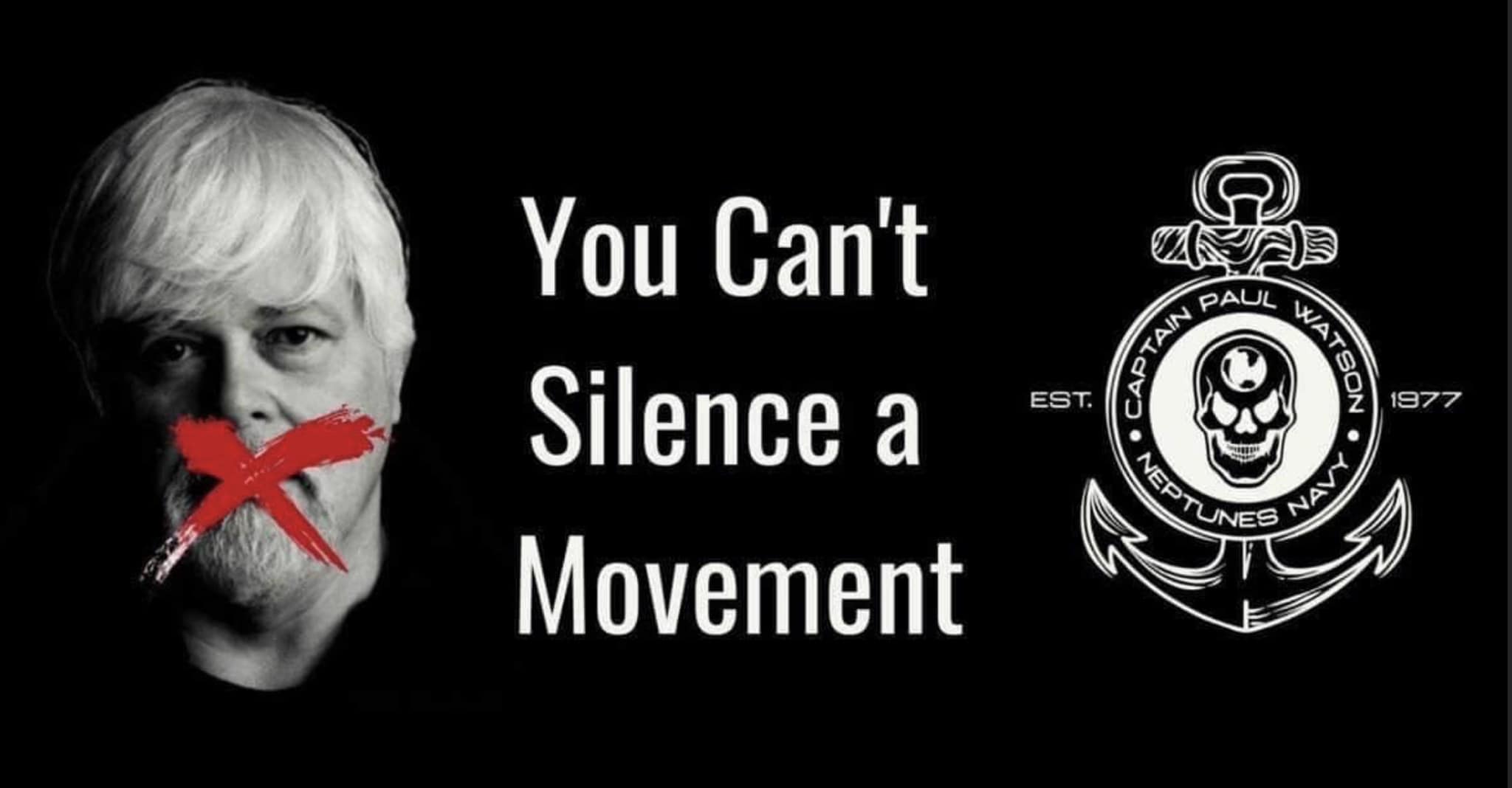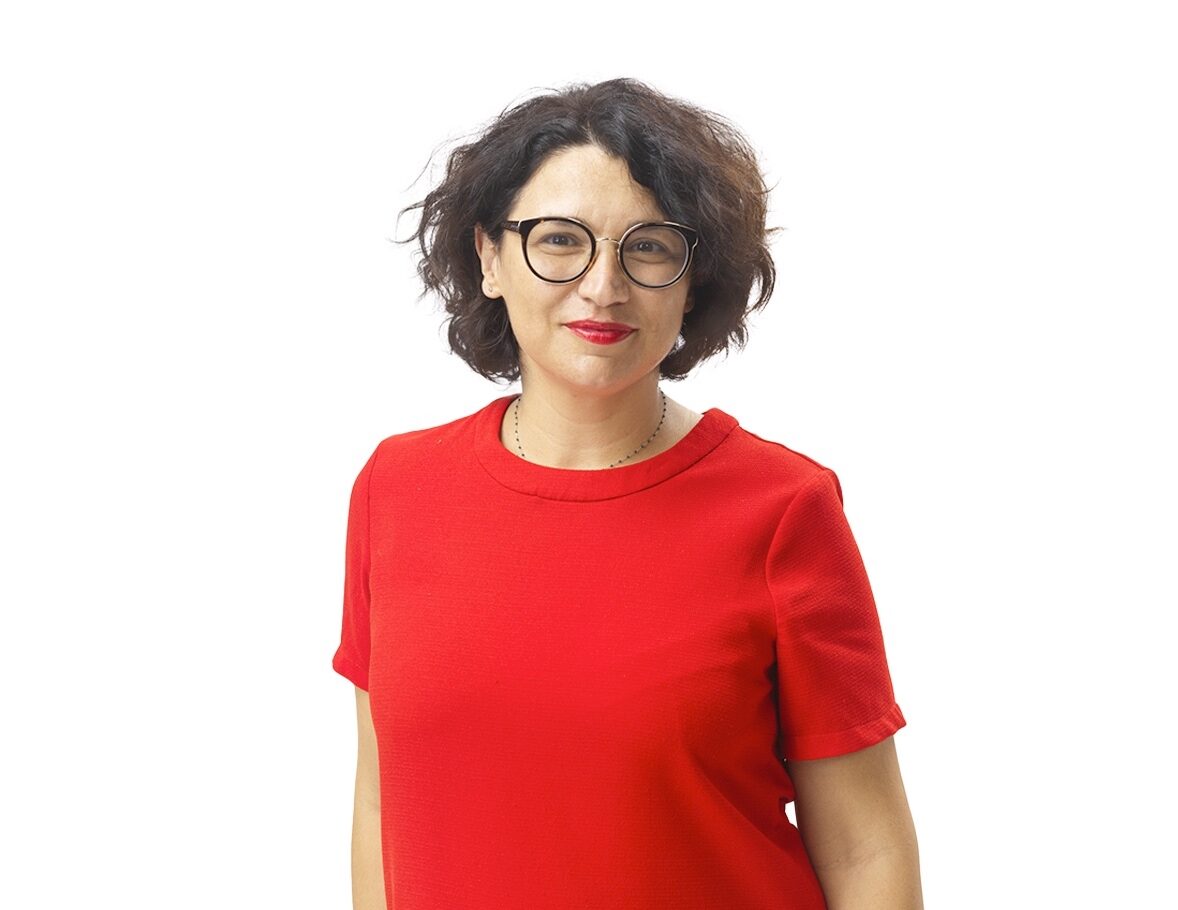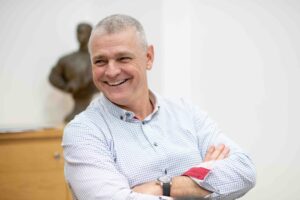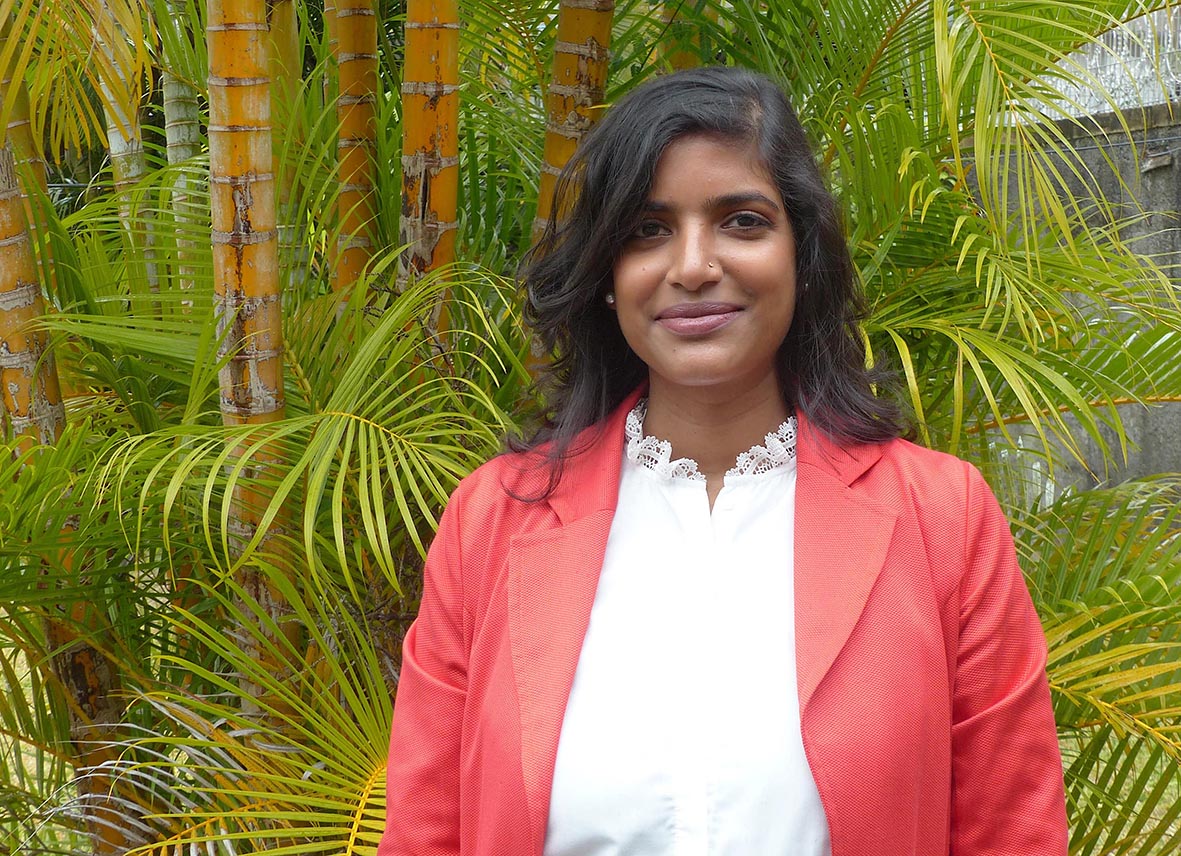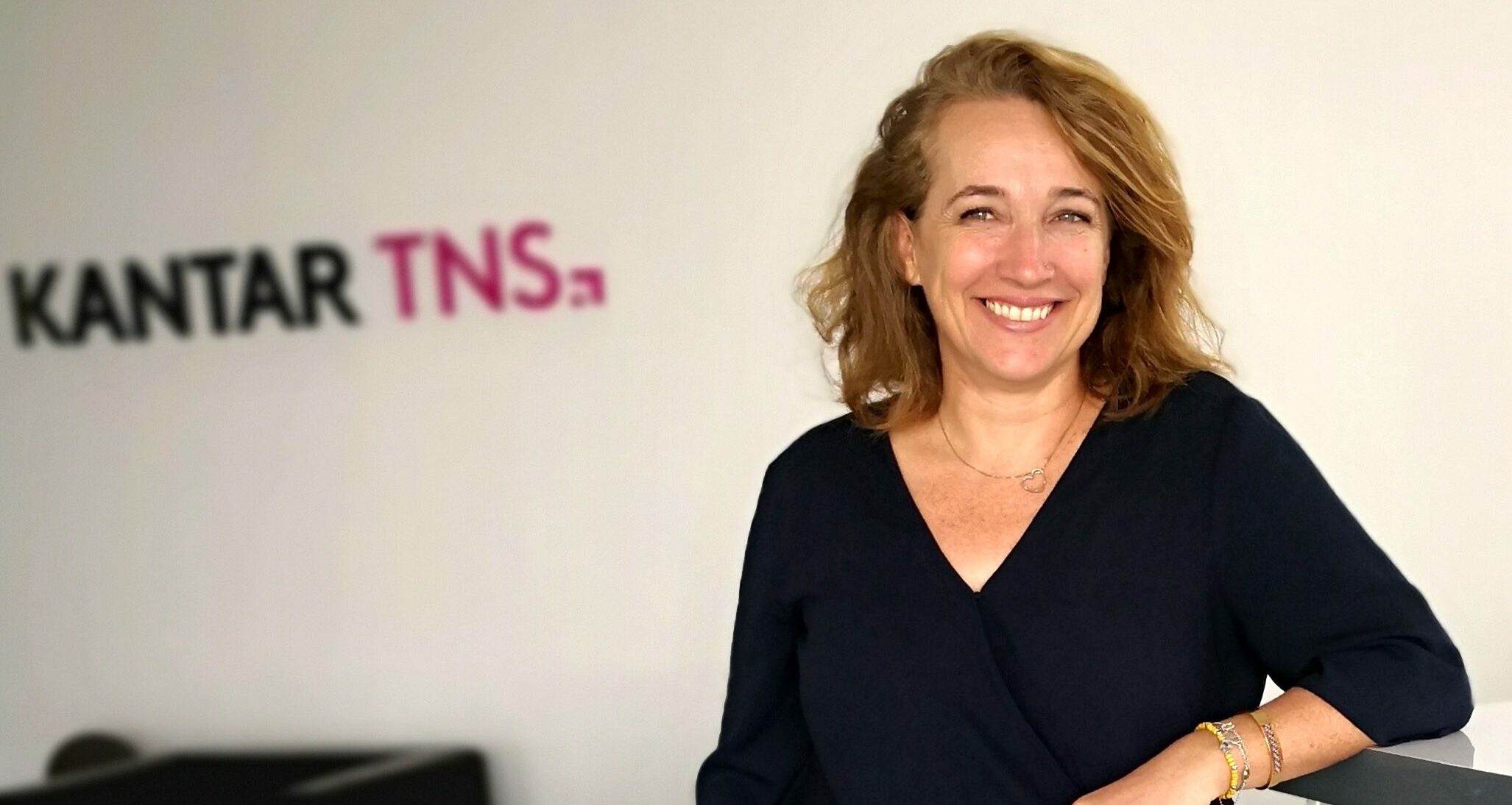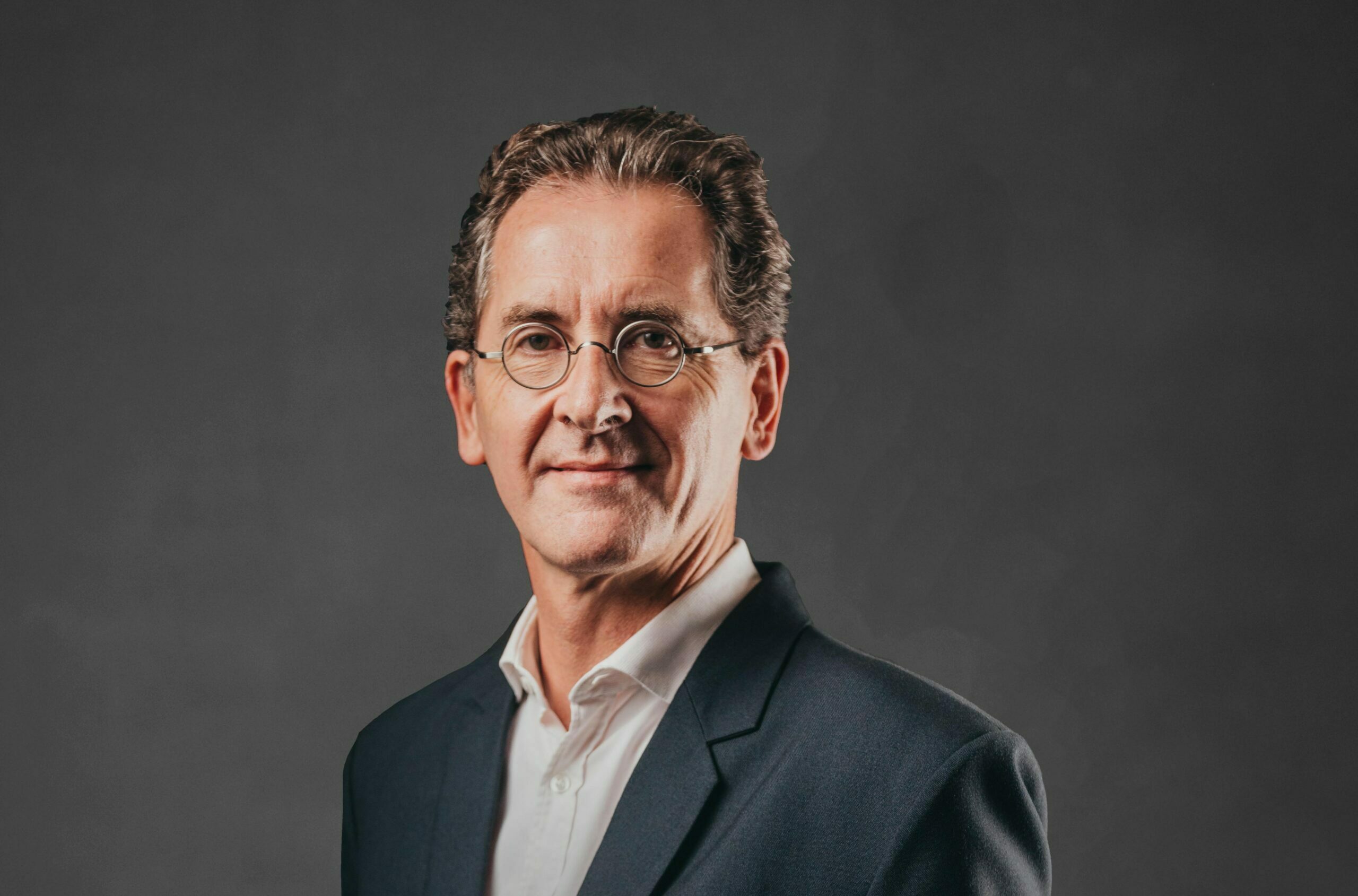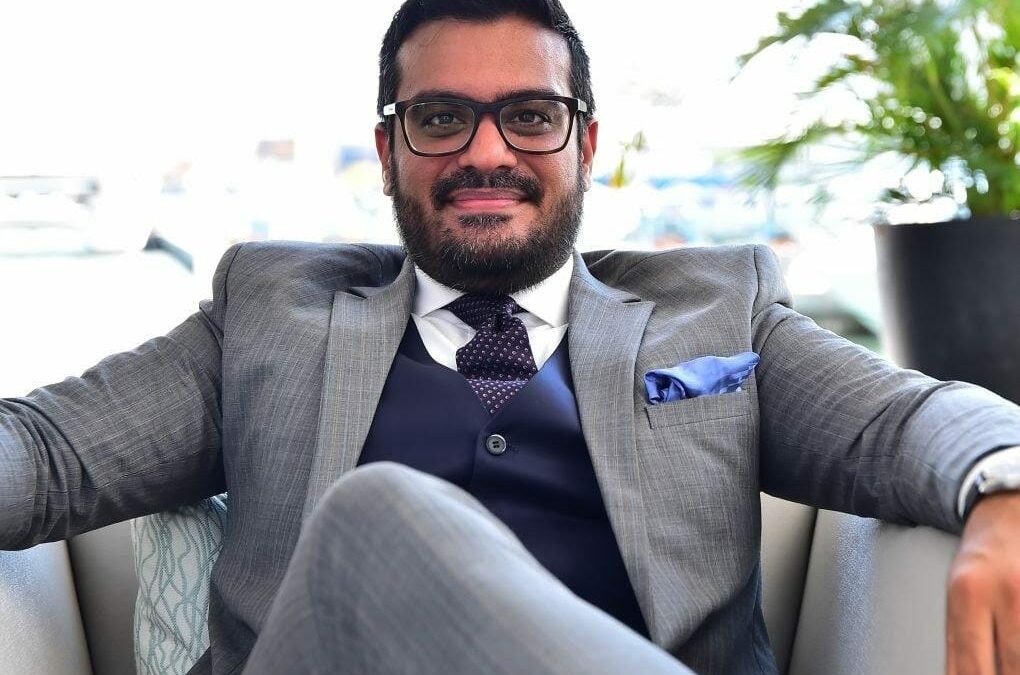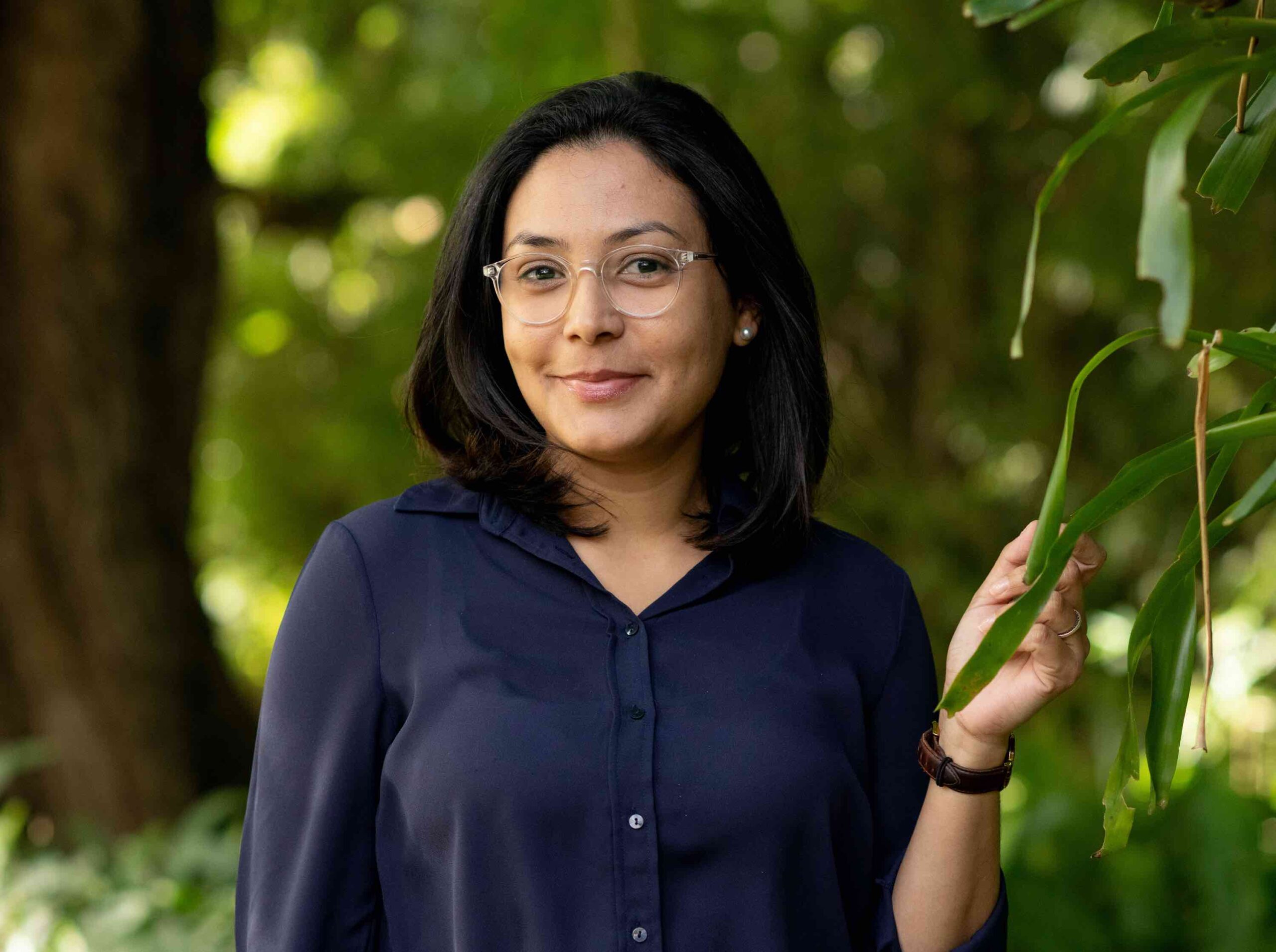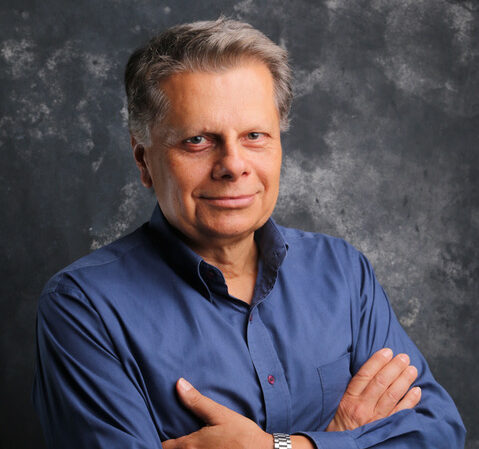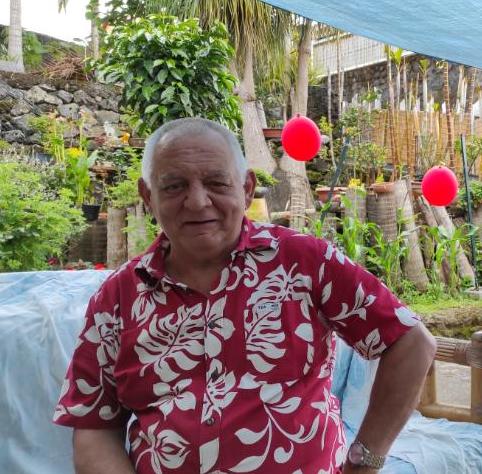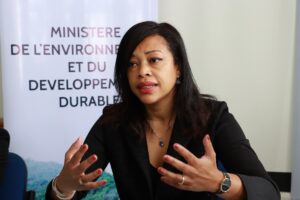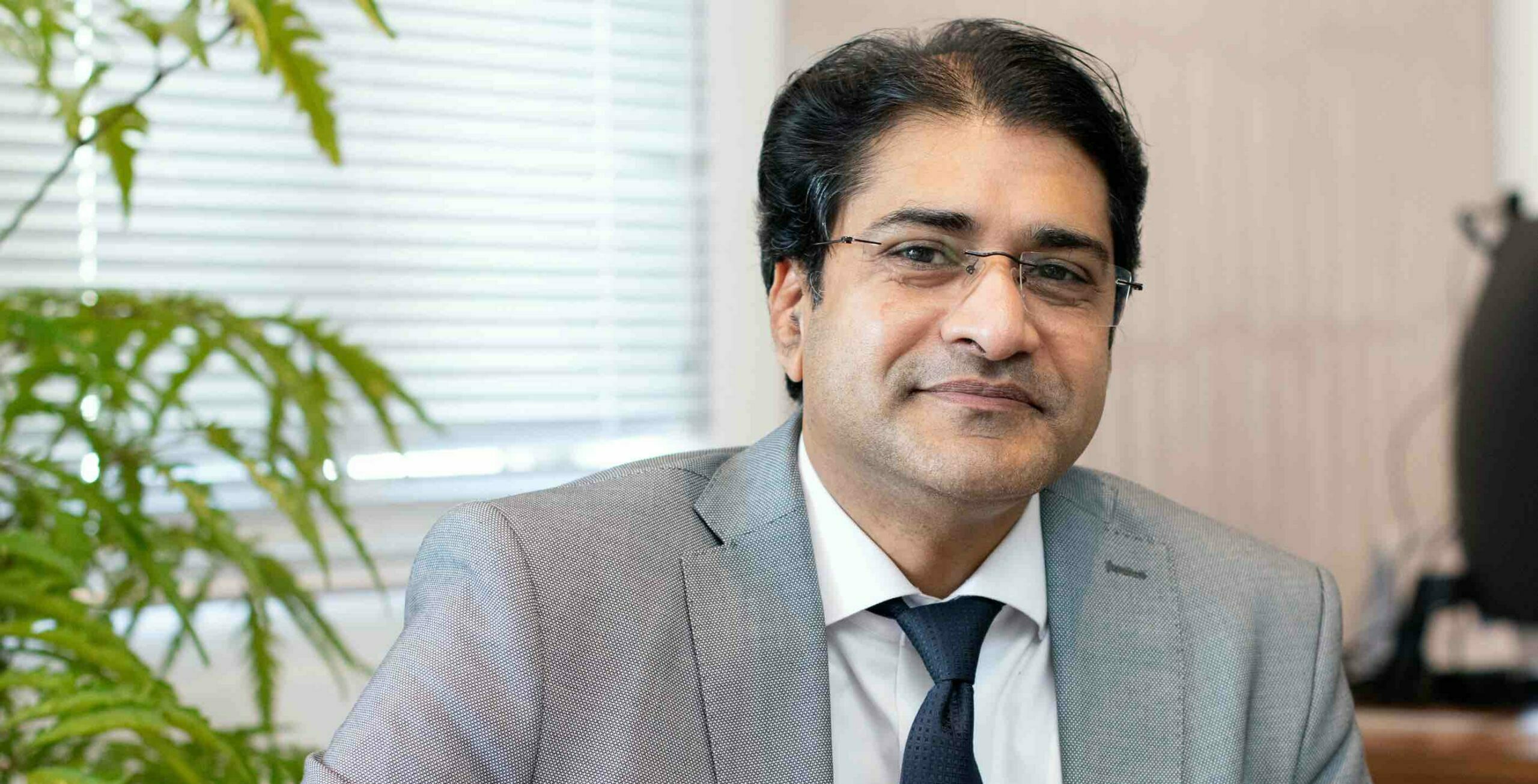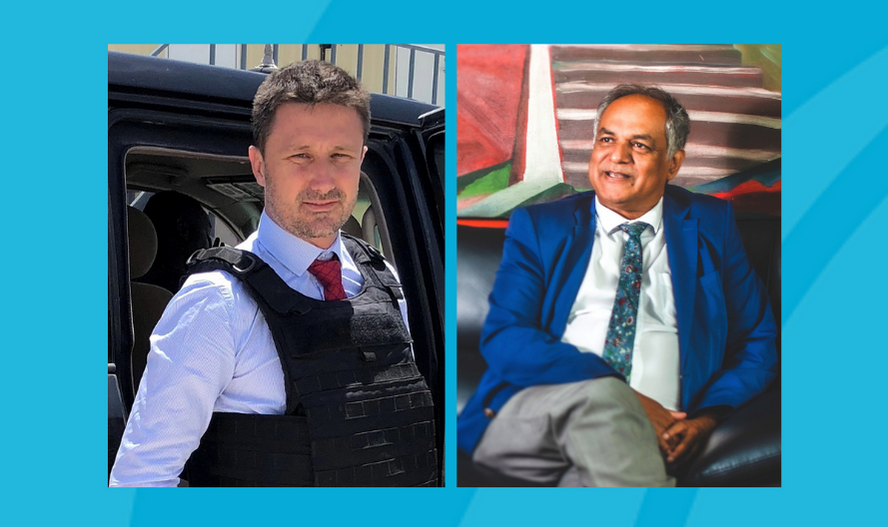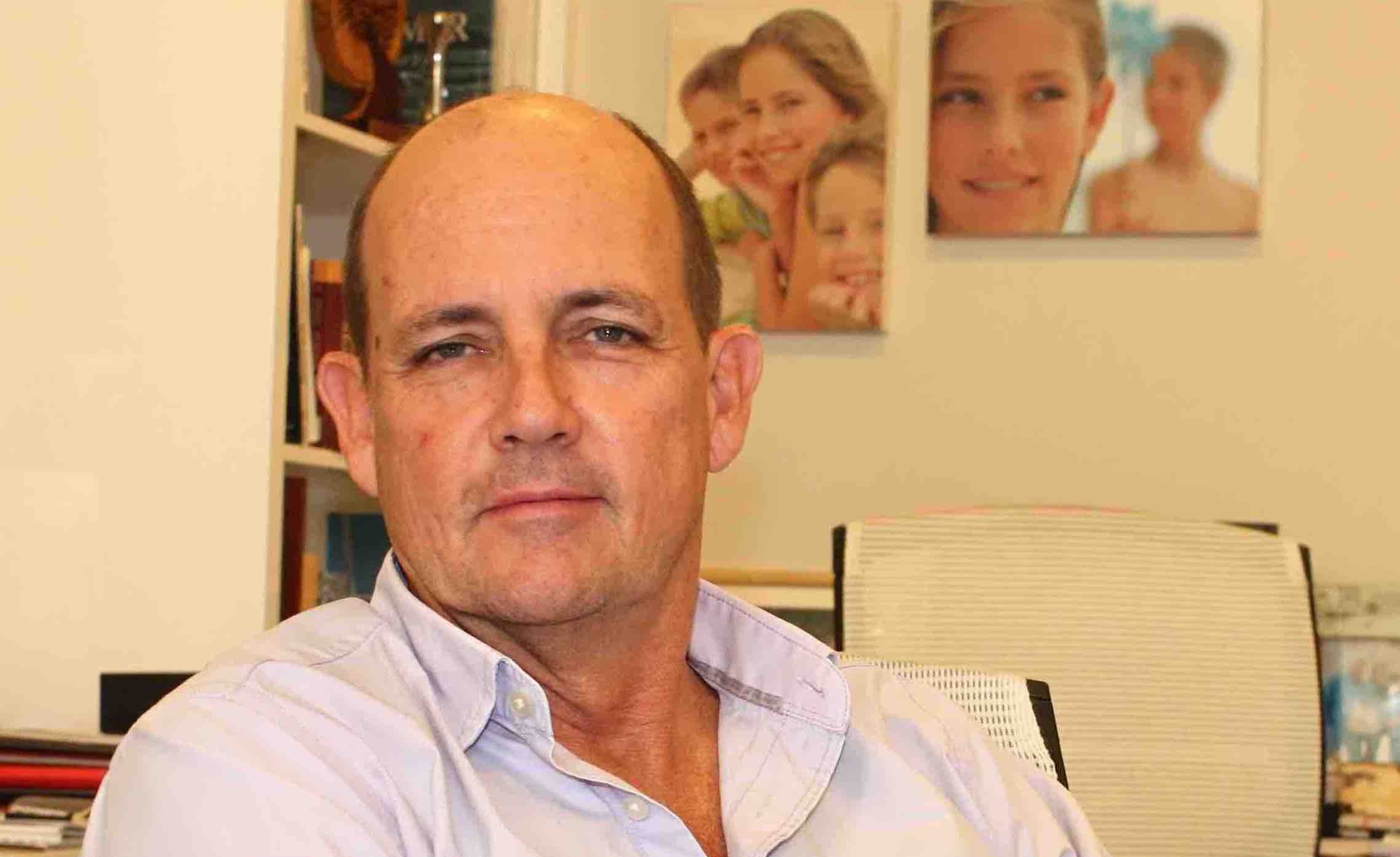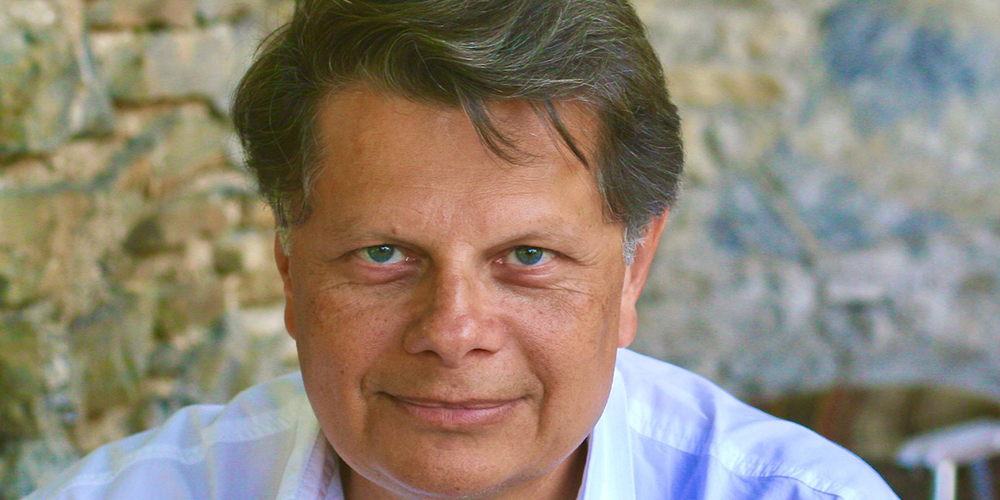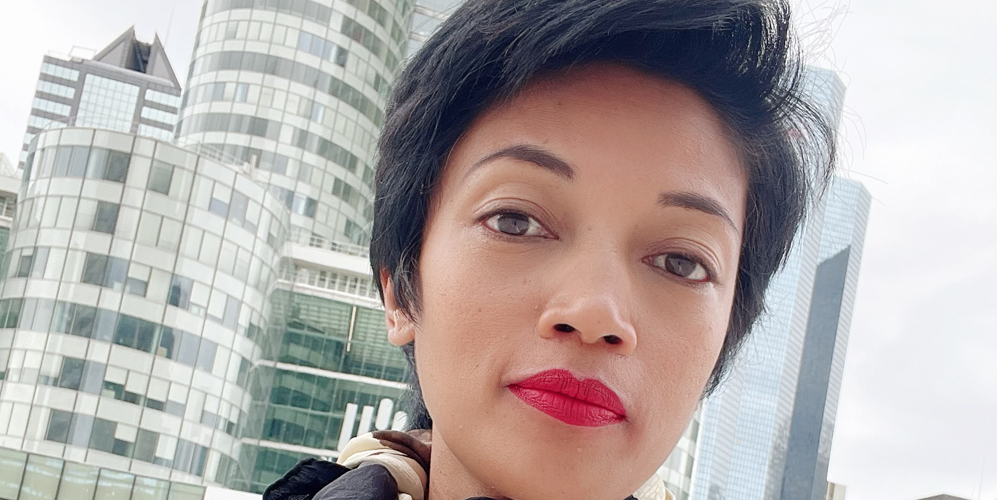From L to R and from top to bottom: Mickaël Apaya – Jacqueline Sauzier – Jean-Claude de L’Estrac –
Michel De Spéville.
photos : J.Rombi
The Charles Telfair Center is an initiative of Charles Telfair Campus * which will regularly bring together personalities from the world of research and operators from the private and public sectors. This space of reflections (or Think Tank to follow the popular expression), allows to discuss economic issues for Mauritius and its region.
For this first edition, which was held on November 25, its first round table focused on the theme “COVID and Energy and Food Resilience”. An inaugural edition and which at the same time concludes a series of articles entitled “Shaping Mauritius Future Post-COVID 19” initiated in May 2020. Through a series of 13 original articles published on the website of the center, the series addressed a variety of COVID-related topics, including digital transformation, education, economic policies, and risk management. To fuel the debate and discussions, an academic : Jaime de Melo, economist from the University of Geneva and two practitioners : Jacqueline Sauzier from the Mauritius Chamber of Agriculture and Mickaël Apaya from Business Mauritius were able to dissect the complexities of food realities. and energy in Mauritius and explore the opportunities to come. The event was hosted by Jean-Claude de L’Estrac, journalist, entrepreneur, ex-SG of the IOC.“COVID and Energy and Food Resilience”
The tensions and difficulties in the food and energy distribution that Mauritius faced during the lockdown have reignited the debates around resilience and self-sufficiency. Jacqueline Sauzier aptly recalled that “if we import 70% of our food needs, it is because our local network is not structured. This network is made up of 80% of small planters who for the most part work in the informal sector. So how do you get really reliable data, for example on distribution networks? ” An urgent formalisation that has become crucial with the questioning of globalised circuits. The estimate of the area dedicated to local production would be 7,500 hectares producing some 93,000 tons year after year. A respectable ratio but which, even if it evolves, will not meet a huge demand: that of fishery products. How to explain that the biggest food importation post is constituted by fish and crustaceans when we are an island? asked the President, also President of the Mauritius Marine Conservation Society. Sliding on the debate related to our energy dependence, Mickaël Apaya recalled for his part that the Covid has forced the planet to reduce these CO2 emissions by 5 to 7%, the objectives of the Paris Conference. On Mauritius, the context must be put into perspective, however : “we tend to believe that toxic emissions are caused by transport, whereas it is energy production which emits 59% of CO2 in the country because of its use of coal while transport uses fossil fuels, certainly, but cleaner like g-fuel and gasoline… ” The heart of the problem today is to define a regulatory framework to guarantee the continuity of sugar production and therefore of bagasse : “if bagasse is not maintained, the objective of 40% renewable energy in the energy mix will not be reached in 2030, the scheme would be obsolete… ” Hence the interest in developing this kind of think tank, idea laboratories where actors from the country and abroad can develop solutions… quickly as Michel de Spéville, founder of Food and Allied Limited, had to underline. (Eclosia group) in conclusion : “enough discussion, we must act now. For agricultural production or energy, we have assets linked to our insularity, we must develop them with leadership.” This is the whole role of the Charles Telfair Institute, of which the Eclosia group is one of the main supporters: to create dynamics to promote local resources. * The Charles Telfair Center is an independent, non-partisan, not-for-profit organization led by an editorial board.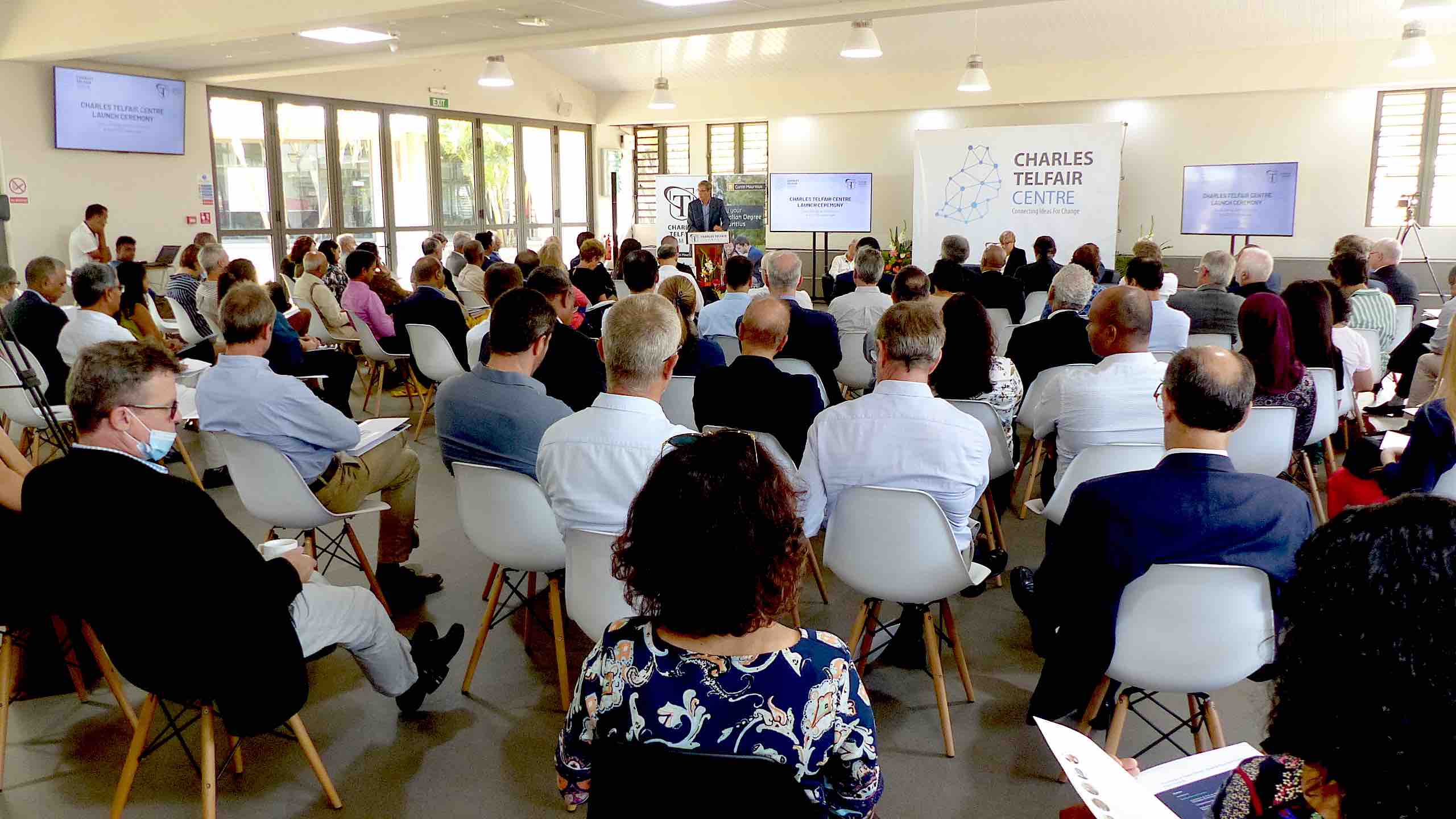
A hundred guests were present on November 25 at the Charles Telfair Center



